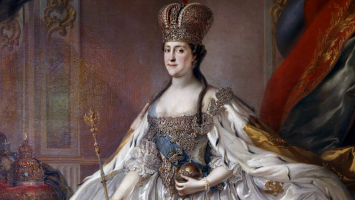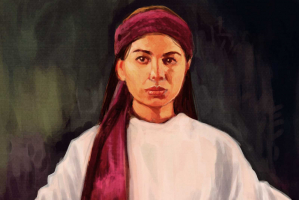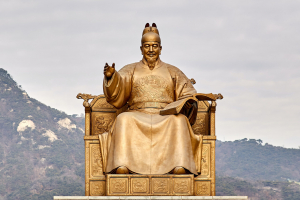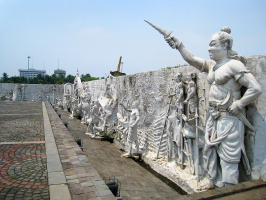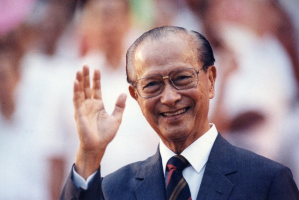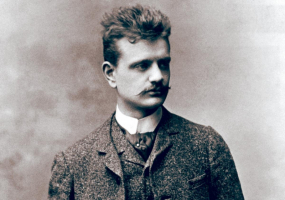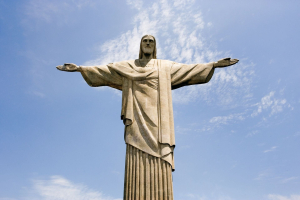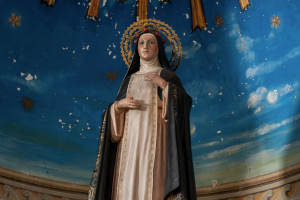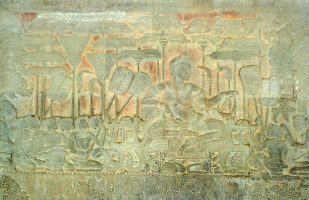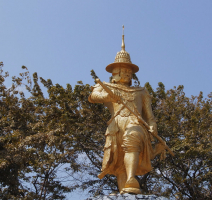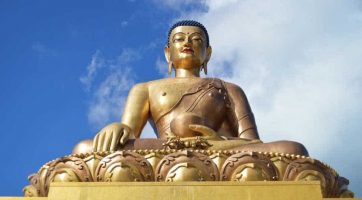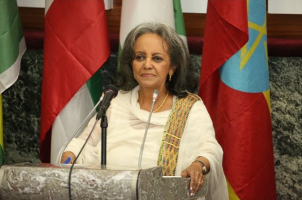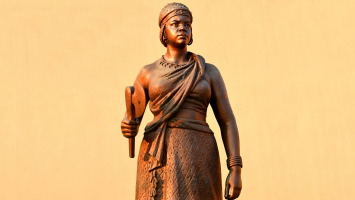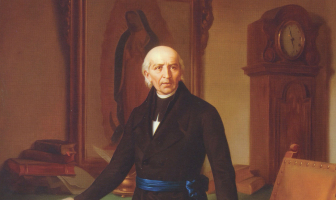Top 10 Most Important Historical Figures In China
China is known throughout the world for its profound history, mind-boggling culture, delectable food, and, of course, its extraordinary people - there have ... read more...been many influential and illustrious Chinese over the centuries: emperors, politicians, philosophers, scientists, writers, actors, artists, and many more who have contributed to the creation of the world as we know it today. Who is unfamiliar with Wu Zetian, Qianlong Emperor and Empress Dowager Cixi. These are just a few of the many famous Chinese people who have made their mark on the world. This guide will introduce you to the most important historical figures in China, complete with short biographies and photos.
-
Qin Shi Huang (Chinese: 秦始皇; 'First Emperor of Qin'; 259 - 210 BCE), also known as Shi Huangdi, was the founder of the Qin dynasty and the first emperor of a unified China. Rather than the previous Shang and Zhou rulers' title of "king," he ruled as the First Emperor of the Qin dynasty from 221 to 210 BCE. His self-invented title of "emperor" would be used by Chinese rulers for the next two millennia. Historically, he was frequently portrayed as a tyrant and strict Legalist, owing in part to the Han dynasty's harsh assessments of him. Scholars have begun to question this assessment since the mid-twentieth century, sparking considerable debate about the actual nature of his policies and reforms. Regardless, "few would contest the view that the achievements of his reign have exercised a paramount influence on the whole of China's subsequent history, marking the start of an epoch that closed in 1911," according to sinologist Michael Loewe.
His parents were King Zhuangxiang of Qin and Lady Zhao, and he was born as Ying Zheng or Zhao Zheng in the Zhao state capital Handan. The wealthy merchant Lü Buwei helped him succeed his father as ruler of Qin, and he became Zheng, King of Qin. He conquered all the other Warring States and unified all of China by the age of 38 in 221 BCE, and he ascended the throne as China's first emperor.
Campaigns south of Chu permanently added the Yue lands of Hunan and Guangdong to the Chinese cultural orbit, and campaigns in Inner Asia conquered the Ordos Loop from the nomadic Xiongnu, though the Xiongnu later rallied under Modu Chanyu.
Qin Shi Huang also collaborated with his minister Li Si to implement major economic and political reforms aimed at standardizing the diverse practices of earlier Chinese states. He is said to have banned and burned many books, as well as executed scholars. His public works projects included combining various state walls into a single Great Wall of China and constructing a massive new national road system, as well as his city-sized mausoleum guarded by a life-sized Terracotta Army. He ruled until 210 BCE, when he died during his fourth tour of Eastern China.
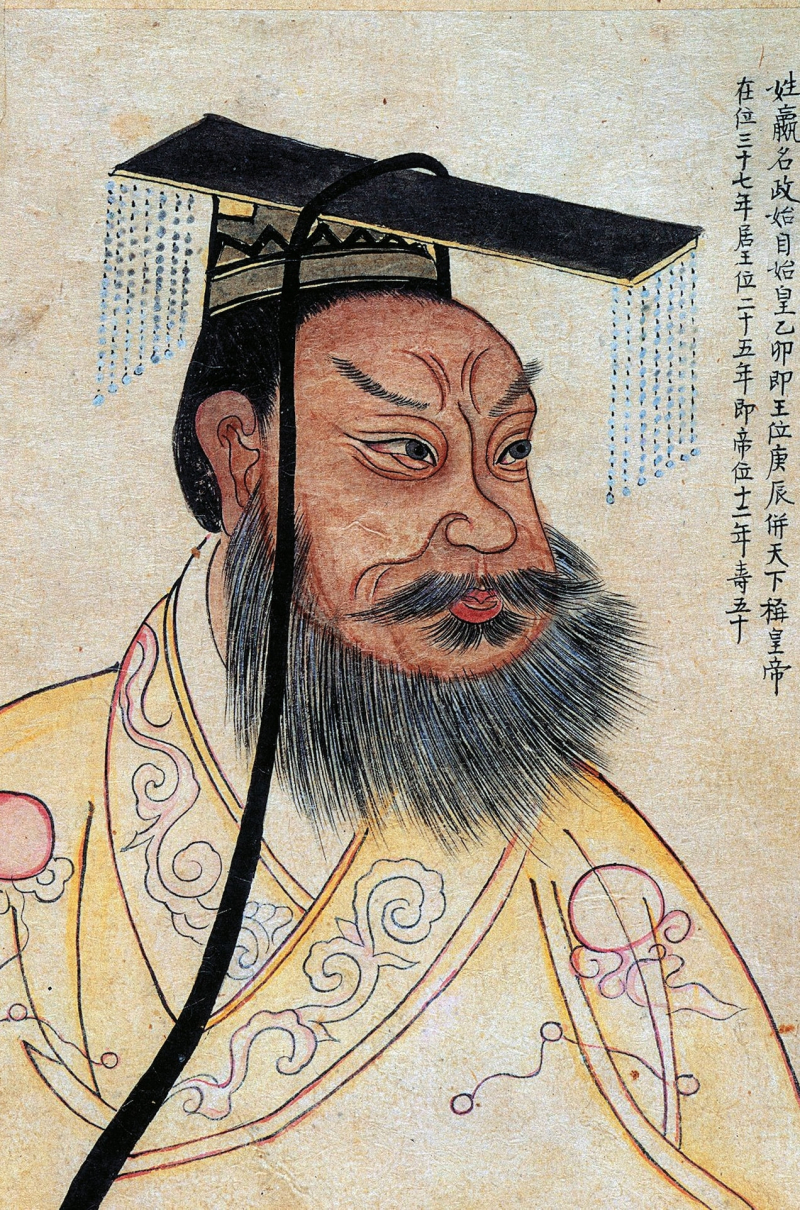
en.wikipedia.org 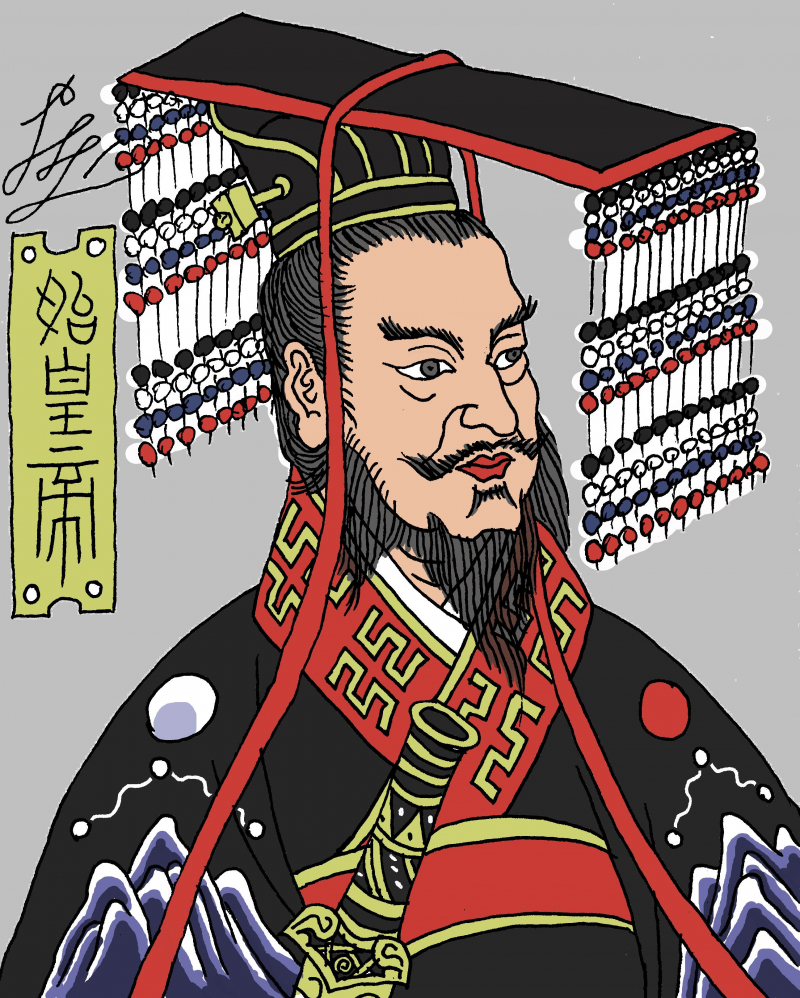
commons.wikimedia.org -
Wu Zhao (17 February 624 - 16 December 705), also known as Wu Zetian, Wu Hou, and Tian Hou during the later Tang dynasty, was the "de facto" ruler of China from 665 to 705. From 665 to 690, she ruled as empress consort of the Tang dynasty, through her husband Emperor Gaozong, and then as empress dowager, through her sons Emperors Zhongzong and Ruizong. She then ruled as empress regnant of China's Wu Zhou dynasty from 690 to 705, a first in Chinese history. She was the only legitimate female sovereign in Chinese history. During her 40-year reign, China expanded to become one of the world's great powers, its culture and economy were revitalized, and corruption in the court was reduced.
Empress Wu is regarded as one of the greatest emperors in Chinese history due to her strong leadership and effective governance, which helped China become one of the world's most powerful nations. The historical significance of Wu Zetian's political and military leadership includes the Chinese empire's major expansion, extending it far beyond its previous territorial limits, deep into Central Asia, and engaging in a series of wars on the Korean Peninsula, first allying with Silla against Goguryeo, and then opposing Silla over the occupation of former Goguryeo territory. Aside from the more obvious consequences of her struggle to gain and maintain supremacy, Wu's leadership had a significant impact on Chinese social class and state support for Taoism, Buddhism, education, and literature. She established spies to establish a strong intelligence system in the court and throughout the empire, delivering daily reports on the empire's current affairs or opposition to the central state. She was also instrumental in reforming the imperial examination system and encouraging capable officials to work in governance in order to keep the state peaceful and well-governed. Wu Zetian was also responsible for the Longmen Grottoes' statuary and the "Wordless Stele" at the Qianling Mausoleum, as well as the construction of some major buildings and bronze castings that no longer exist.
Wu Zetian had a busy family life in addition to her political career. Wu was the mother of four sons, three of whom held the title of emperor, though one only as a posthumous honor. One of her grandchildren became Tang Emperor Xuanzong.
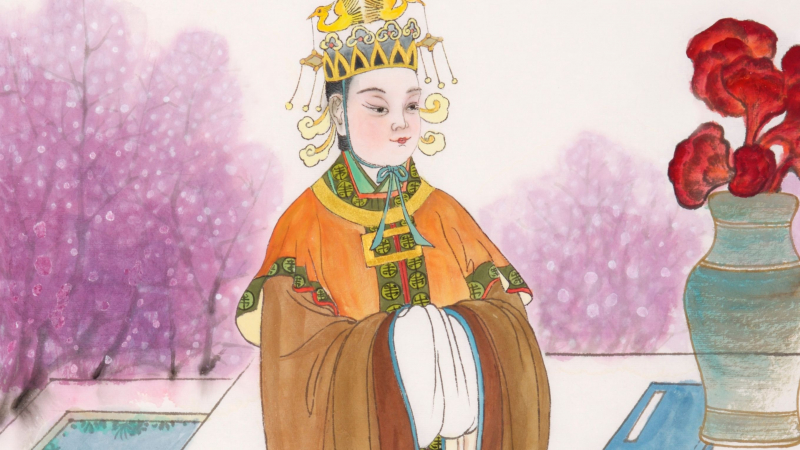
thoughtco.com 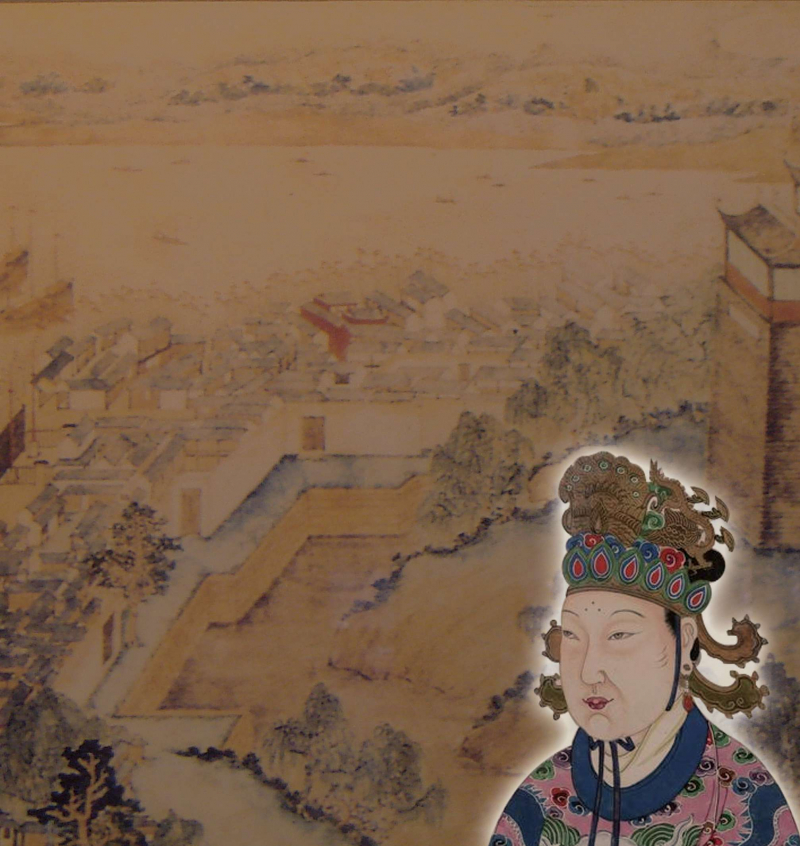
scmp.com -
The Qianlong Emperor (25 September 1711 - 7 February 1799) reigned from 1735 to 1796 as the fifth Emperor of the Qing dynasty and the fourth Qing emperor to rule over China proper. In 1796, he abdicated in favor of his son, the Jiaqing Emperor, out of filial piety to his grandfather, the Kangxi Emperor, who had reigned for 61 years, so that Kangxi Emperor would retain the title of longest-reigning emperor. Despite his retirement, the Qianlong Emperor retained ultimate power as the Retired Emperor until his death in 1799, making him one of the longest-reigning monarchs in history, as well as one of the longest-lived, dying at the age of 87.
During his long reign as a capable and cultured ruler inheriting a thriving empire, the Qing Empire reached its most splendid and prosperous era, boasting a large population and economy. As a military leader, he led military campaigns to the greatest extent possible, conquering and sometimes destroying Central Asian kingdoms. This changed in his later years, when the Qing empire began to decline due to corruption and wastefulness in his court, as well as a stagnant civil society.
In 1796, at the age of 85, the Qianlong Emperor handed over the throne to his son, the 36-year-old Jiaqing Emperor, after nearly 61 years on the throne. For the next three years, he held the title Taishang Huang (or Emperor Emeritus), despite the fact that he retained power and the Jiaqing Emperor ruled only in name. He died in 1799 without ever moving into his retirement suites in the Qianlong Garden.
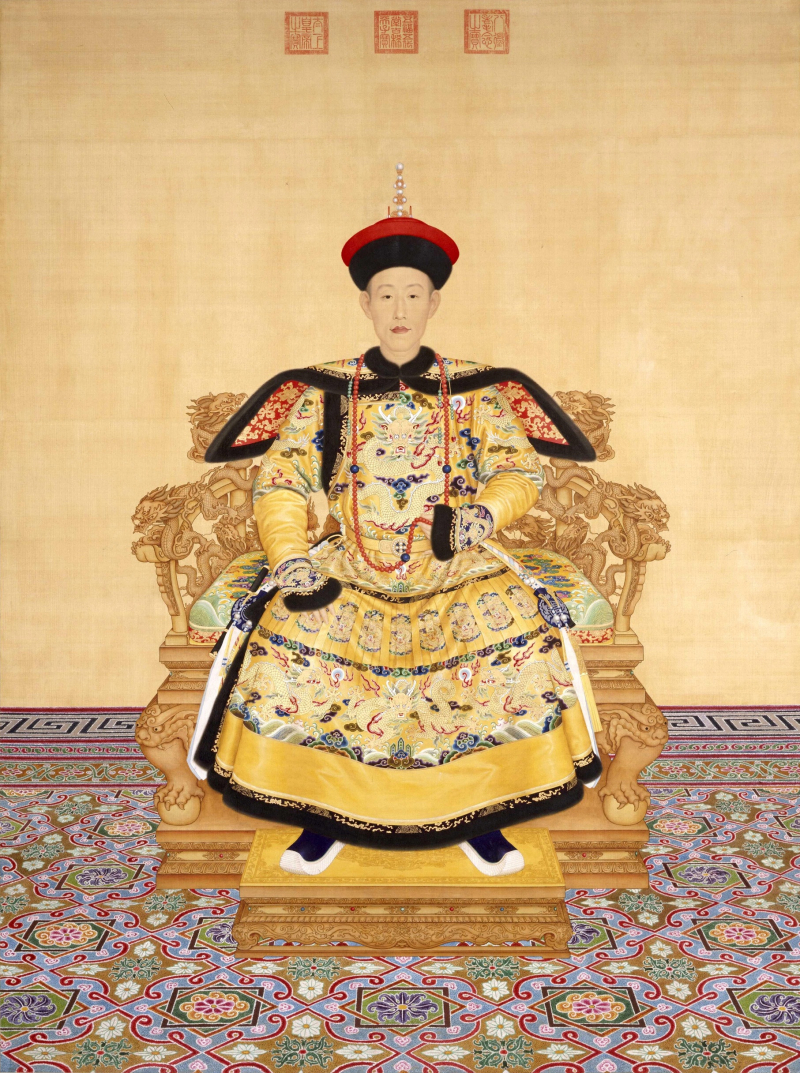
en.wikipedia.org 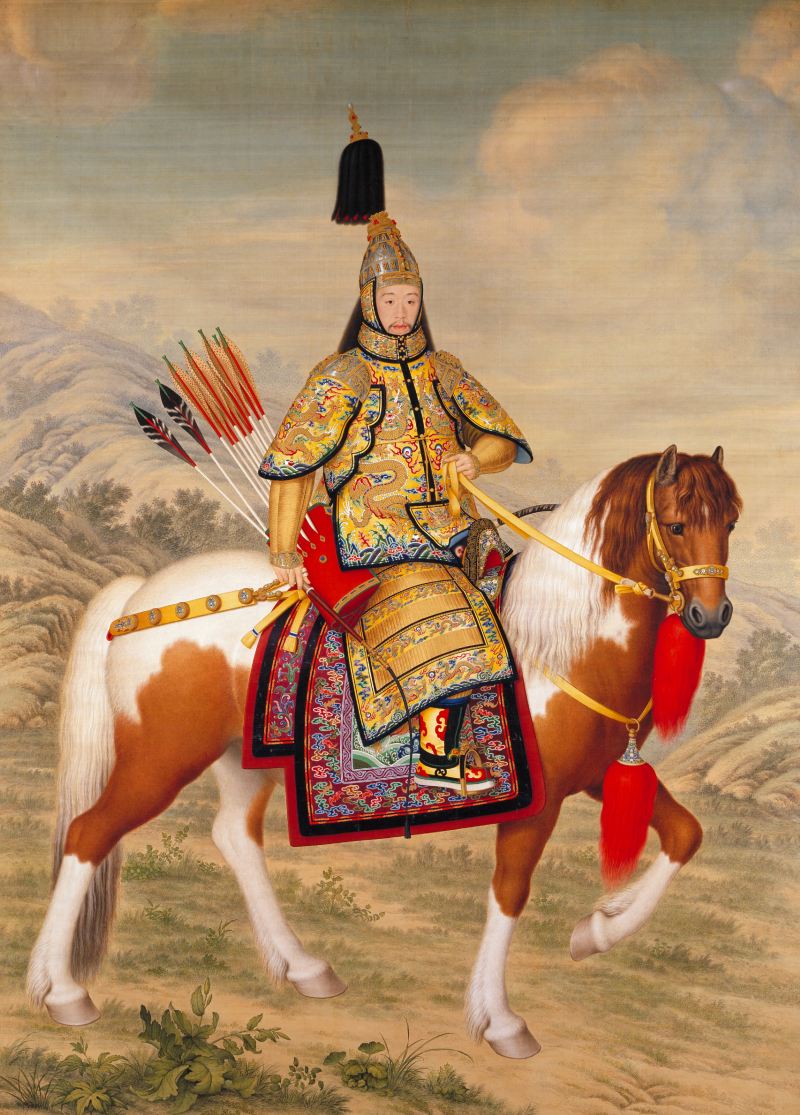
vi.wikipedia.org -
Empress Dowager Cixi (Chinese: 慈禧太后; formerly romanised as Empress Dowager T'zu-hsi; 29 November 1835 - 15 November 1908), of the Manchu Yehe Nara clan, was a Chinese noblewoman, concubine, and later Queen Regent. She effectively controlled the Chinese government in the late Qing dynasty for 47 years, from 1861 until her death in 1908. She is considered one of the most important historical figures in China. Selected as the Xianfeng Emperor's concubine in her adolescence, she gave birth to a son, Zaichun, in 1856. Following the death of the Xianfeng Emperor in 1861, the young boy became the Tongzhi Emperor, and she was appointed co-empress dowager alongside the Emperor's widow, Empress Dowager Ci'an. Cixi deposed a group of regents appointed by the late emperor and took over the regency with Ci'an, who later mysteriously disappeared. Cixi then consolidated control of the dynasty when, following the death of her son, the Tongzhi Emperor, she installed her nephew as the Guangxu Emperor in 1975. This was contrary to the Qing dynasty's traditional succession rules, which had ruled China since 1644.
Cixi oversaw the Tongzhi Restoration, a set of moderate reforms that allowed the regime to survive until 1911. Cixi opposed Western models of government but supported technological and military reforms as well as the Self-Strengthening Movement. She supported the principles of the Hundred Days' Reforms of 1898, but was concerned that their abrupt implementation, without bureaucratic support, would be disruptive, and that the Japanese and other foreign powers would exploit any weakness. She put the Guangxu Emperor, whom she suspected of attempting to assassinate her, under virtual house arrest for supporting radical reformers and publicly executing the main reformers. Following the Boxer Rebellion, which resulted in an invasion by Allied armies, Cixi initially supported the Boxer groups and declared war on the invaders. The ensuing humiliation was breathtaking. When Cixi returned to Beijing from Xi'an, where she had abducted the emperor, she became friendly with foreigners in the capital and began to implement fiscal and institutional reforms aimed at transforming China into a constitutional monarchy. Cixi and the Guangxu Emperor died in November 1908, leaving the court in the hands of Manchu conservatives, a child on the throne, and a restless, deeply divided society.
Historians in China and around the world have debated her legacy. Conventionally vilified as a ruthless despot whose reactionary policies, while successfully prolonging the ailing Qing dynasty, led to its humiliation and utter downfall in the Wuchang Uprising. Revisionists claimed that Nationalist and Communist revolutionaries scapegoated her for deep-seated problems that were beyond repair, while praising her ability to maintain political order. In her ailing years, she was responsible for numerous effective, if belated, reforms, including the abolition of slavery, ancient torturous punishments, and the ancient examination system. The latter was supplanted by institutions such as the newly established Peking University.
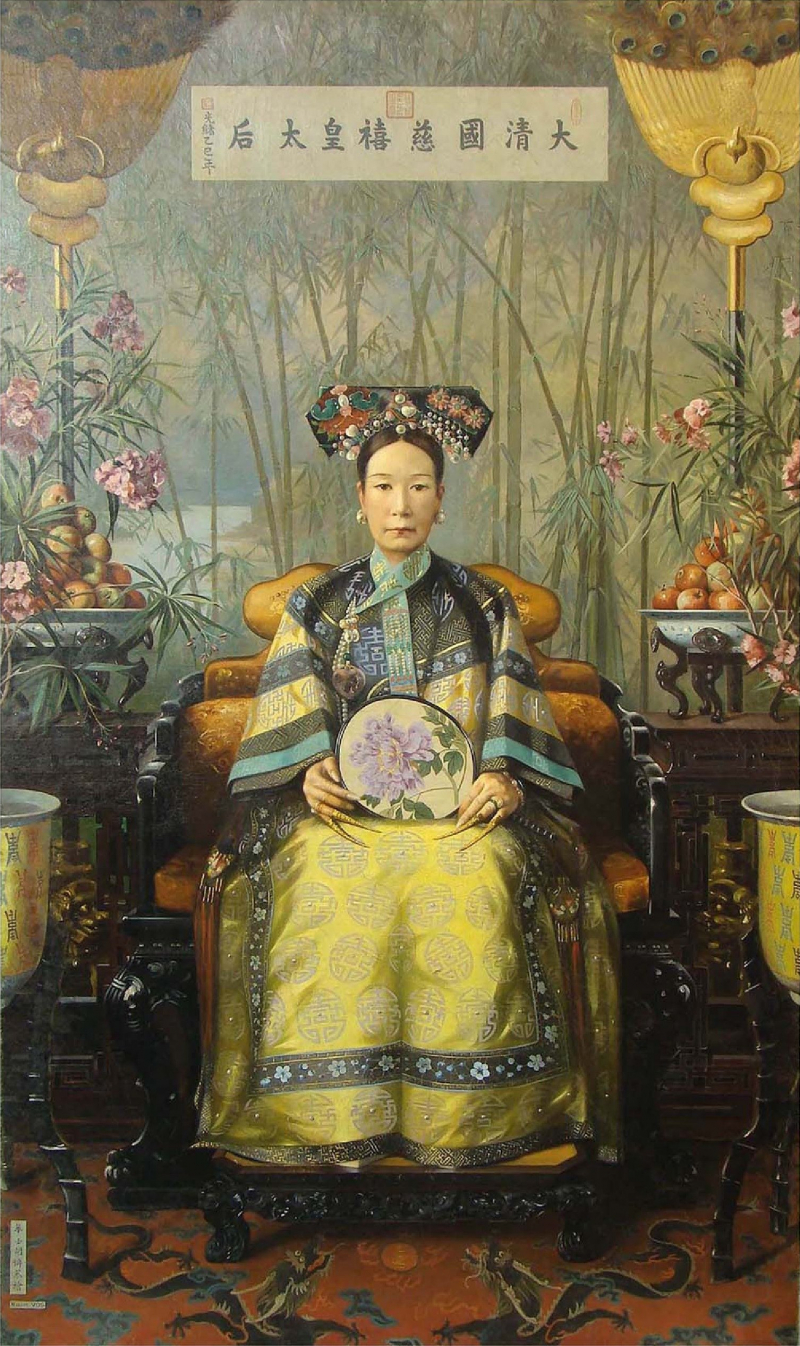
en.wikipedia.org 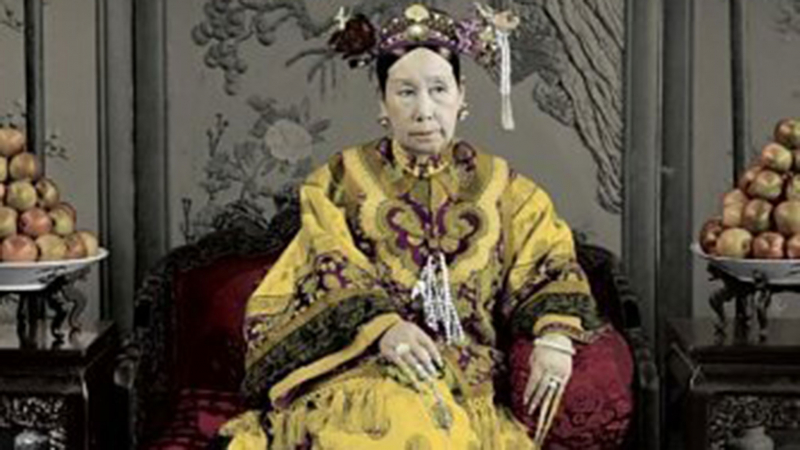
ft.com -
Aisin-Gioro Puyi (Chinese: 溥儀; 7 February, 1906 - 17 October, 1967), courtesy name Yaozhi, was the eleventh and final Qing dynasty monarch of China. He was crowned Emperor in 1908 at the age of two, but was forced to abdicate on February 12, 1912, during the Xinhai Revolution. As Qing emperor, his era name, Xuantong, means "proclamation of unity." During World War II, he was installed as Emperor Kangde of the Japanese puppet state of Manchukuo.
From July 1 to July 12, 1917, he was briefly restored to the throne as Qing Emperor by loyalist General Zhang Xun. In 1922, he married Empress Wanrong in an arranged marriage. He was expelled from the palace in 1924 and sought refuge in Tianjin, where he began courting both the warlords vying for hegemony over China and the Japanese, who had long desired control of China. Japan established the puppet state of Manchukuo in 1932, following the Japanese invasion of Manchuria, and he was chosen to be the new state's chief executive under the era name of "Datong" (Ta-tung).
He was proclaimed Emperor of Manchukuo in 1934, with the era name "Kangde" (Kang-te), and ruled over his new empire until the end of the Second Sino-Japanese War in 1945. During his third reign as Emperor, he served as a puppet of Japan, signing the majority of edicts issued by the Japanese. During this time, he spent most of his time in the Salt Tax Palace, where he regularly ordered his servants to be beaten. During these years, his first wife's opium addiction consumed her, and they were generally estranged. He had many concubines as well as male lovers. Puyi fled the capital after Japan (and thus Manchukuo) fell in 1945, and was eventually captured by the Soviets; he was extradited to the People's Republic of China after it was established in 1949. He never saw his first wife again after his capture; she died of starvation in a Chinese prison in 1946.
Puyi was a defendant in the Tokyo Trials and was later imprisoned and reeducated for ten years as a war criminal. After his release, he wrote his memoirs (with the assistance of a ghost writer) and became a titular member of the Chinese People's Political Consultative Conference and the People's Republic of China's National People's Congress. His time in prison profoundly influenced him, and he expressed deep regret for his actions as Emperor. He died in 1967 and was buried in a commercial cemetery near the Western Qing tombs.
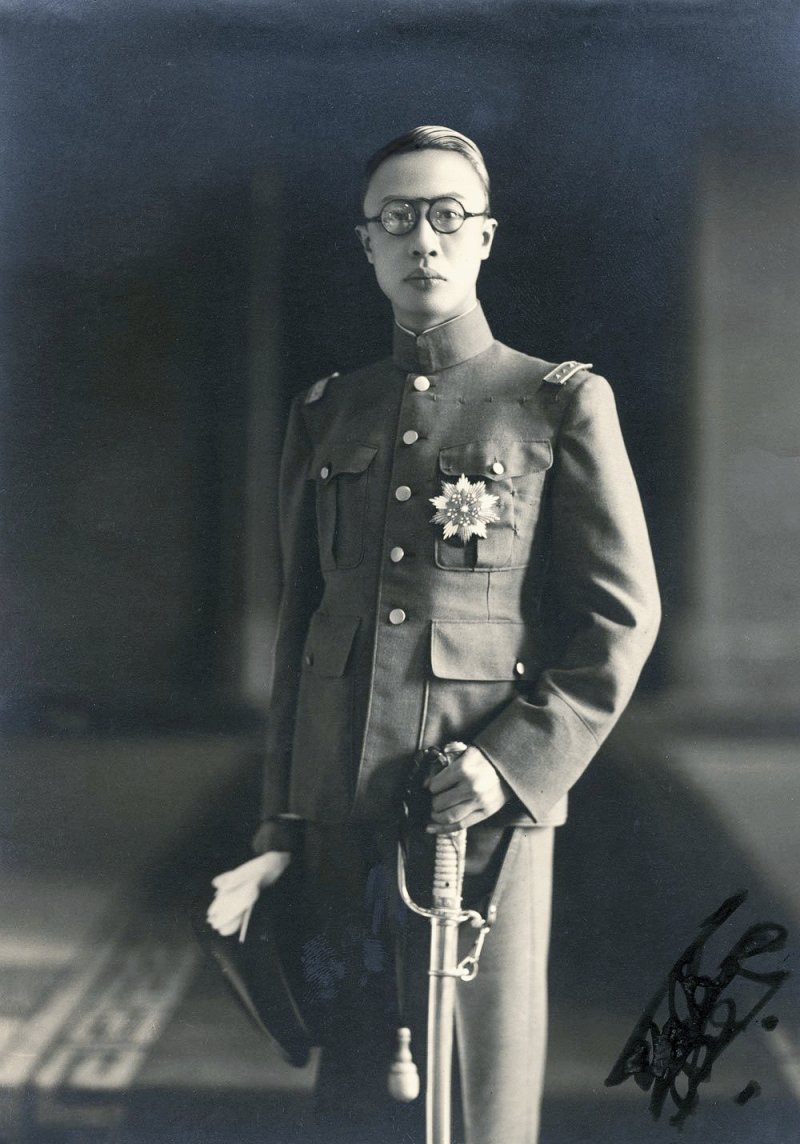
vi.wikipedia.org 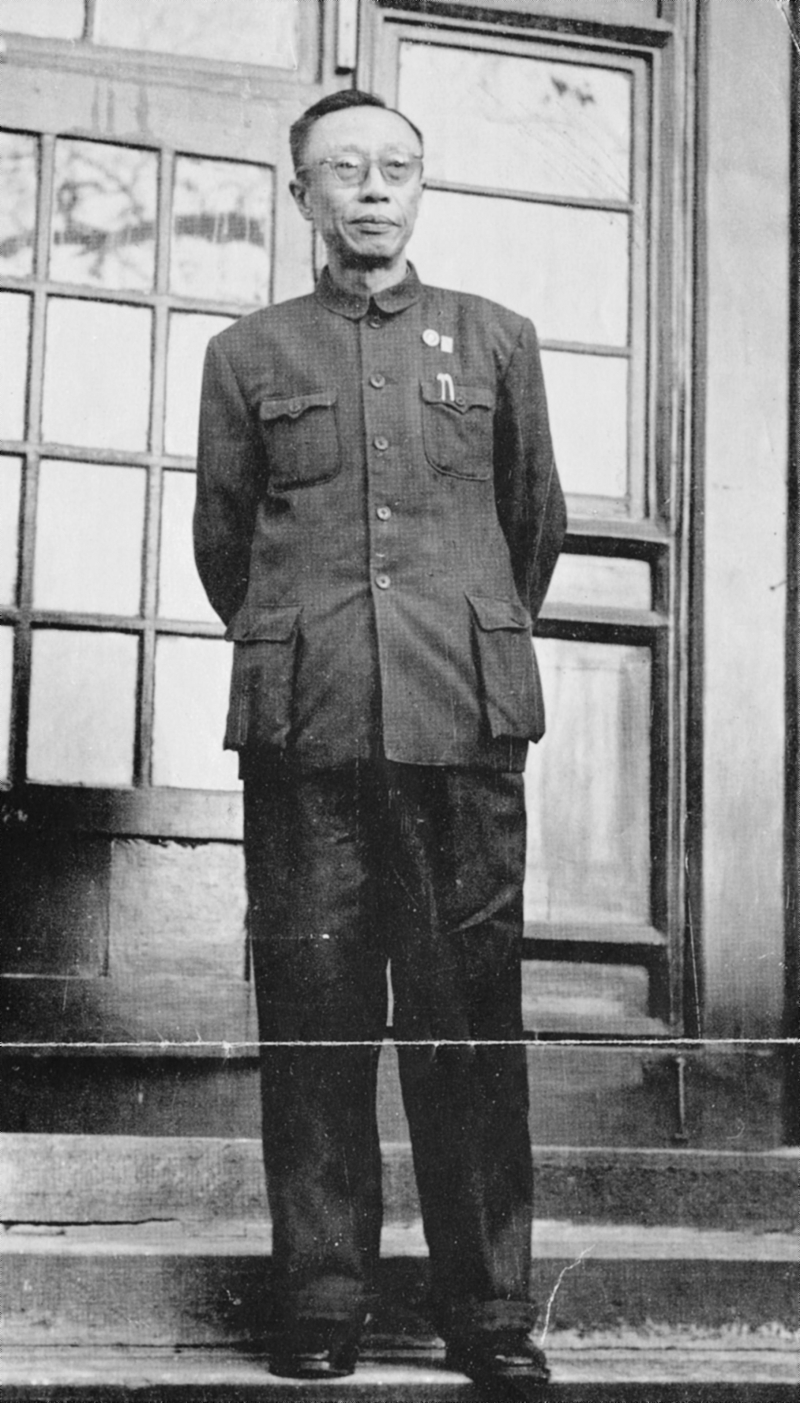
reddit.com -
The Kangxi Emperor (康熙帝; 4 May 1654 - 20 December 1722) reigned from 1661 to 1722 as the third emperor of the Qing dynasty and the second Qing emperor to rule over China proper.
With a reign of 61 years, the Kangxi Emperor was the longest-reigning emperor in Chinese history (though his grandson, the Qianlong Emperor, had the longest period of de facto power, ascending as an adult and maintaining effective power until his death) and one of the longest-reigning rulers in history. However, because he ascended the throne at the age of seven, actual power was held by four regents and his grandmother, the Grand Empress Dowager Xiaozhuang, for six years.
The Kangxi Emperor is regarded as one of China's greatest rulers. He put down the Three Feudatories Revolt, forced the Kingdom of Tungning in Taiwan and various Mongol rebels in the North and Northwest to submit to Qing rule, and blocked Tsarist Russia on the Amur River, retaining Outer Manchuria and Outer Northwest China.
After years of war and chaos, the reign of the Kangxi Emperor brought long-term stability and relative wealth. He began the "Prosperous Era of Kangxi and Qianlong" or "High Qing," which lasted several generations after his death. His court also produced literary works such as the Kangxi Dictionary and the Quan Tangshi poetry anthology.
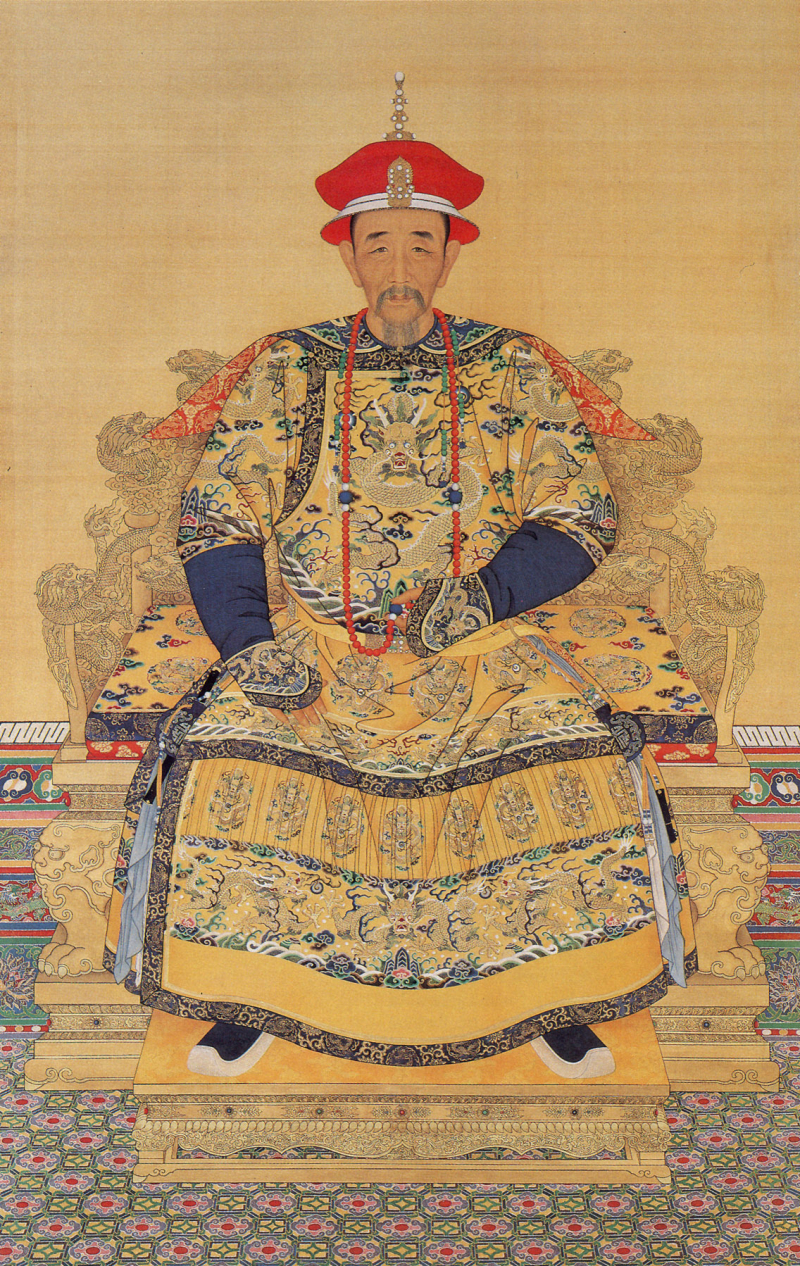
en.wikipedia.org 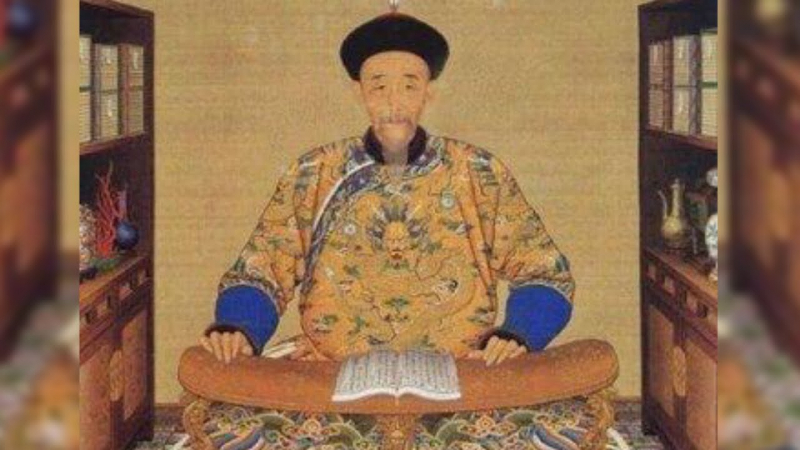
Photo: ntddiscoveringchina's Youtube Channel -
Emperor Wu of Han (Chinese: 孝武皇帝, 156 - 29 March 87 BC), formally enshrined as Emperor Wu the Filial, born Liu Che and courtesy name Tong, was the seventh emperor of ancient China's Han dynasty, reigning from 141 to 87 BC. His reign lasted 54 years, a record that was not broken until the reign of the Kangxi Emperor more than 1,800 years later and which still stands for ethnic Chinese emperors. He is among the most important historical figures in China. His reign resulted in a vast expansion of the Chinese civilization's geopolitical influence, as well as the development of a strong centralized state through governmental policies, economic reorganization, and the promotion of a hybrid Legalist-Confucian doctrine. Emperor Wu is known in the field of historical social and cultural studies for his religious innovations and patronage of the poetic and musical arts, including the establishment of the Imperial Music Bureau as a prestigious entity. During his reign, cultural contact with western Eurasia was also greatly increased, both directly and indirectly.
During his reign as Emperor, he oversaw the Han dynasty's most extensive territorial expansion. The Empire's borders stretched from the Fergana Valley in the west to northern Korea in the east and northern Vietnam in the south at its peak. After successfully repelling the nomadic Xiongnu from systematically raiding northern China, Emperor Wu sent his envoy Zhang Qian into the Western Regions in 139 BC to seek an alliance with the Greater Yuezhi and Kangju, which resulted in additional diplomatic missions to Central Asia. Although historical records do not mention him being aware of Buddhism, instead emphasizing his interest in shamanism, cultural exchanges that occurred as a result of these embassies indicate that he received Buddhist statues from Central Asia, as depicted in the murals found in the Mogao Caves.
Emperor Wu is regarded as one of the greatest emperors in Chinese history due to his strong leadership and effective governance, which helped the Han dynasty become one of the world's most powerful nations. According to Michael Loewe, Emperor Wu's reign was the "high point" of "Modernist" (classically justified Legalist) policies, looking back to "adapt ideas from the pre-Han period." His policies and most trusted advisers were Legalist, favoring Shang Yang followers. Despite establishing an autocratic and centralised state, Emperor Wu adopted Confucianism as his empire's state philosophy and code of ethics, and established a school to teach future administrators the Confucian classics. These reforms had a long-lasting impact on imperial China and had a huge impact on neighboring civilizations.
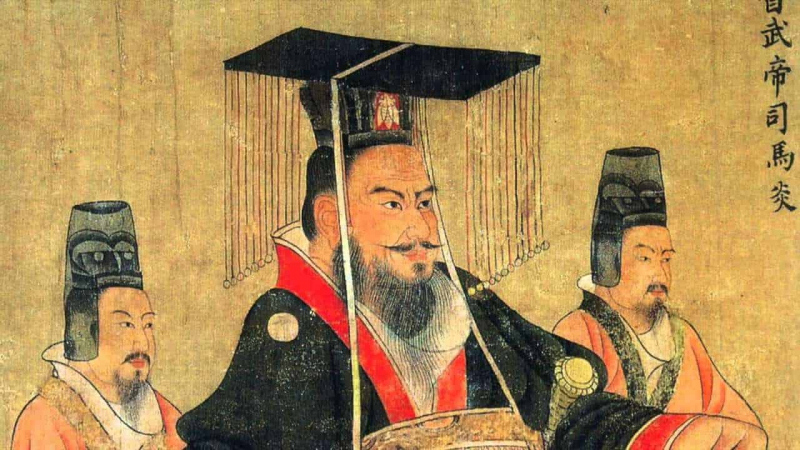
historycollection.com 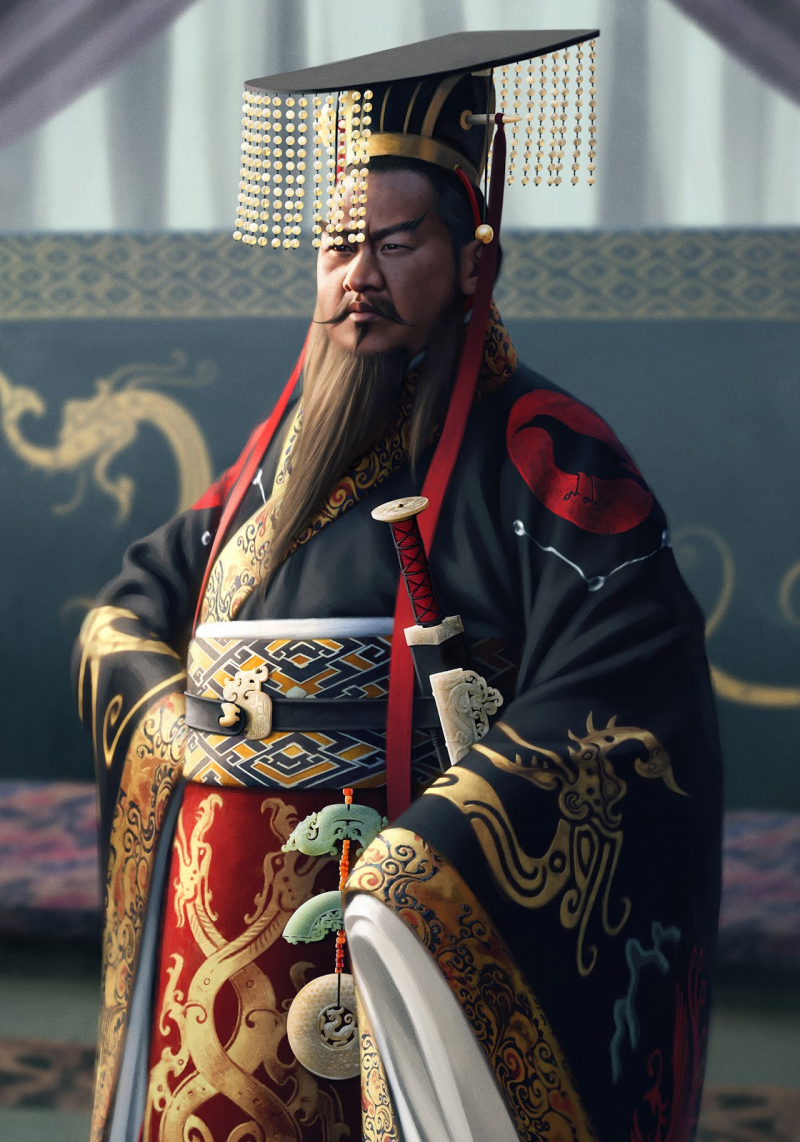
http://dragonsarmory.blogspot.com/ -
Liu Bei (Chinese: 劉備, 161 - 10 June 223), courtesy name Xuande (玄德), was a warlord in the late Eastern Han dynasty who founded the state of Shu Han in the Three Kingdoms period and became its first ruler. Despite being a distant relative of the Han imperial family, Liu Bei's father died when he was a child, leaving his family impoverished. He sold shoes and straw mats to help his mother. When he was fifteen, his mother sent him to study under Lu Zhi. Liu Bei was known in his youth for being ambitious and charismatic. He formed a militia army to combat the Yellow Turbans. Liu Bei fought valiantly in many battles and became well-known for his exploits. Later, he joined the coalition against Dong Zhuo, after which he joined his childhood friend Gongsun Zan and fought alongside him against Yuan Shao.
Later, he was dispatched to assist Tao Qian in his fight against Cao Cao. Liu Bei inherited the Xu Province thanks to the support of the powerful Mi and Chen families, as well as Tao Qian's last will and testament. Lü Bu joined him after he was defeated by Cao Cao. However, while Liu Bei was away fighting Yuan Shu, Lü Bu seized Xu Province. Liu Bei later joined Cao Cao, and together they defeated Lü Bu at the Battle of Xiapi. Despite Cao Cao's kindness, Liu Bei received a secret edict from the emperor ordering him to kill Cao Cao. As a result, he rebelled against Cao Cao and reclaimed Xu province. Liu Bei was defeated by Cao Cao after a brief alliance with Yuan Shao, and he was forced to join Yuan Shao. Yuan Shao dispatched him to foment uprisings behind Cao Cao's main base, and he later joined his kinsman Liu Biao. Despite the fact that Liu Biao treated him well, he questioned Liu Bei's loyalty and sent him to Xinye to serve as a shield against Cao Cao. According to the Wei Shu and Heroes' Records. Liu Biao, like Tao Qian, wished for Liu Bei to inherit his province over his sons, but Liu Bei refused. Following the death of Liu Biao, Liu Bei and his supporters joined Liu Qi in Xiakou, where they allied with Sun Quan. At the Battle of Red Cliffs, they fought together against Cao Cao.
Liu Bei quickly took control of the majority of Jing Province after Cao Cao's defeat. He then married the sister of Sun Quan. Sun Quan then recognized Liu Bei's authority over the Jing Province and agreed to "lend" him Nan Commandery. Later, Liu Bei led his army to support another kin, Liu Zhang, in his war against the warlord Zhang Lu. Liu Bei betrayed Liu Zhang and took over the Yi Province on the advice of his advisors. After a series of conflicts with Sun Quan and seeing Cao Cao's approach to the Yi province, Liu Bei agreed to give Sun Quan half of the Jing province and led his army against Xiahou Yuan at Hanzhong and seized it. Liu Bei then declared himself "King of Hanzhong" and established his capital in Chengdu. However, his senior general Guan Yu was assassinated soon after by Liu Bei's "ally" Sun Quan, who took over the rest of Jing province. Liu Bei was enraged and led his army against his former ally after declaring himself Emperor to challenge Cao Pi's authority. Despite some early success, his army was quickly forced into a stalemate against Sun Quan general Lu Xun and was defeated. He never returned to Chengdu, ashamed of his failure, and instead settled in Baidicheng, where he died one year later. Advised his heir, Liu Shan, not to follow in his footsteps and to be as virtuous as possible. Liu Bei appointed Zhuge Liang to advise his son on domestic matters and Li Yan to advise him on military matters before he died.
Despite early failures and a lack of both material and social resources that his rivals possessed, he gathered support among disheartened Han loyalists who opposed Cao Cao, the warlord who controlled the Han central government, and the figurehead Emperor Xian, and led a popular movement to restore the Han dynasty. Liu Bei overcame a number of setbacks to establish his own realm, which at its peak included modern-day Sichuan, Chongqing, Guizhou, Hunan, and parts of Hubei and Gansu.
Culturally, Liu Bei is widely regarded as the ideal benevolent and humane ruler who cared for his people and chose good advisers for his government, owing to the popularity of the 14th-century historical novel Romance of the Three Kingdoms. His fictional counterpart in the novel was a good example of a ruler who upheld Confucian moral values like loyalty and compassion. Liu Bei, like many Han rulers in the past, was heavily influenced by Laozi. He was a brilliant politician and leader whose abilities exemplified "Confucian in appearance but Legalist in substance."
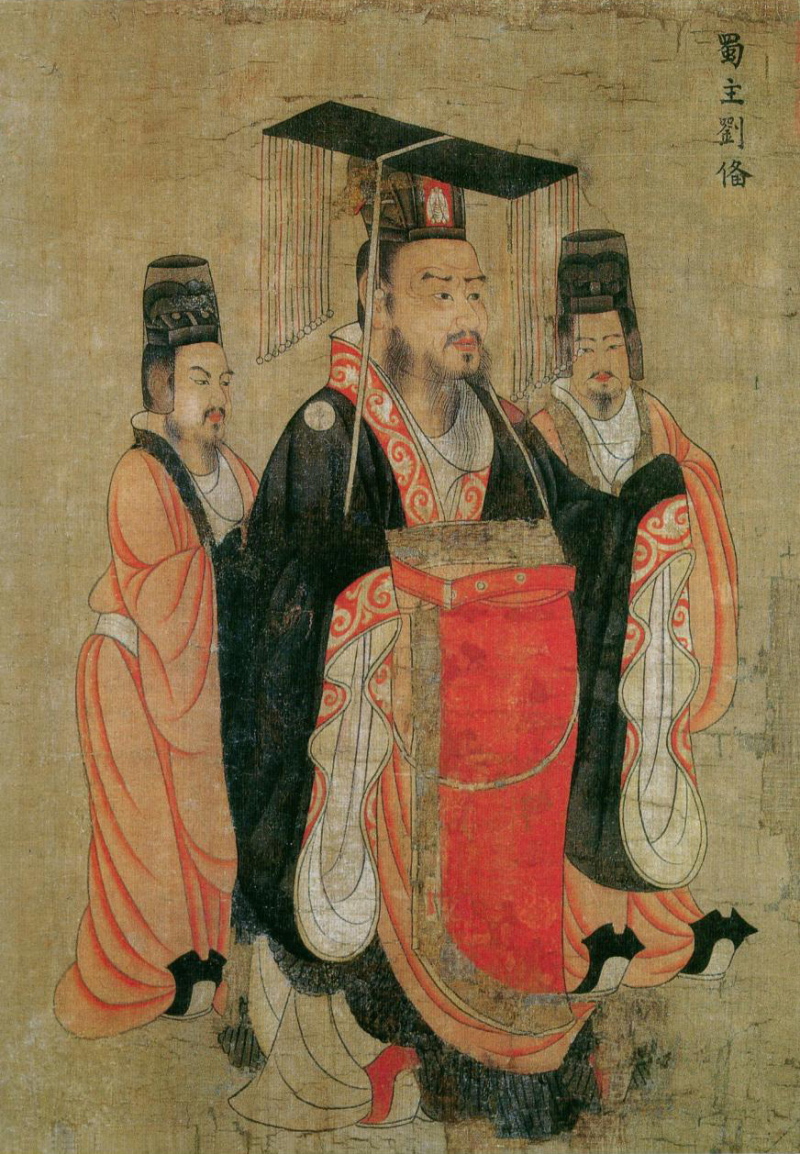
vi.wikipedia.org 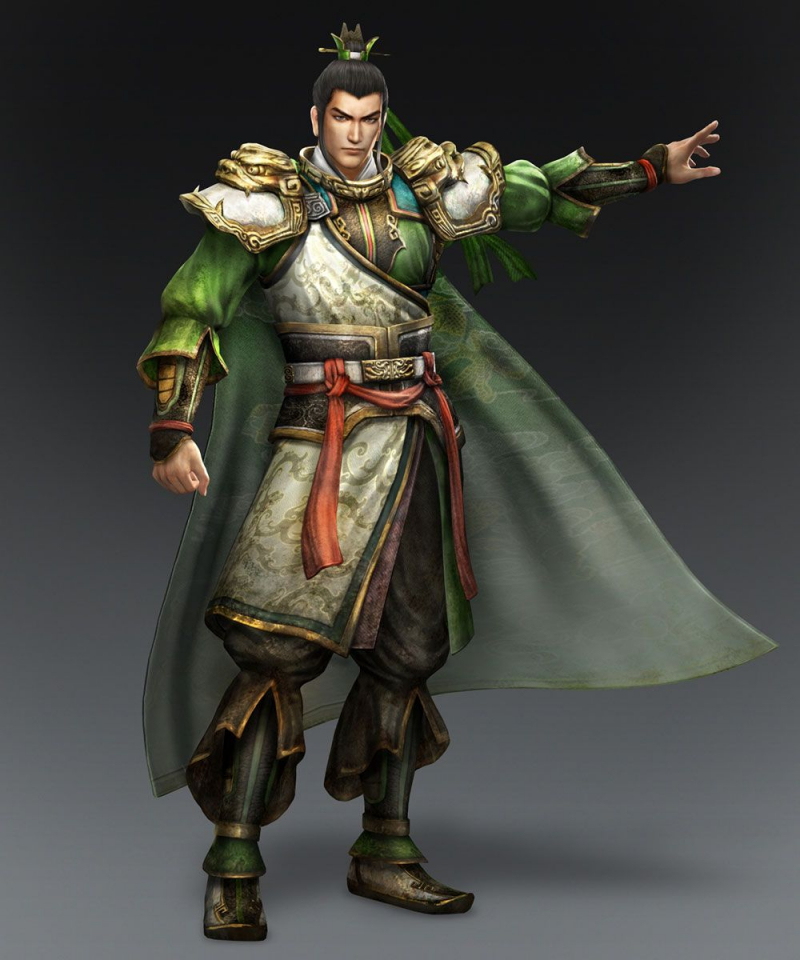
pinterest.com -
The Yongle Emperor (simplified Chinese: 永乐帝; traditional Chinese: 永樂帝; 2 May 1360 - 12 August 1424), personal name Zhu Di (Chinese: 朱棣), was the third Emperor of the Ming dynasty, reigned from 1402 to 1424.
Zhu Di was the fourth son of the Hongwu Emperor, the Ming dynasty's founder. In May 1370, he was enfeoffed as Prince of Yan, with the capital of his princedom at Beiping (modern Beijing). Zhu Di was a capable commander in the face of the Mongols. He initially accepted his father's appointment of his eldest brother Zhu Biao and then Zhu Biao's son Zhu Yunwen as crown prince, but when Zhu Yunwen ascended to the throne as the Jianwen Emperor and began executing and demoting his powerful uncles, Zhu Di found a reason to rebel against his nephew. Zhu Di survived the initial attacks on his princedom and drove south to launch the Jingnan campaign against the Jianwen Emperor in Nanjing, aided in large part by eunuchs mistreated by the Hongwu and Jianwen Emperors, who both favored Confucian scholar-bureaucrats. In 1402, he successfully overthrew his nephew and took control of the imperial capital, Nanjing, after which he was proclaimed Emperor and took the era name Yongle, which means "perpetual happiness."
Eager to establish his own legitimacy, Zhu Di annulled the Jianwen Emperor's reign and launched a massive campaign to destroy or falsify records pertaining to his childhood and rebellion. This included a massive purge of Confucian scholars in Nanjing and the eunuch secret police being given extraordinary extralegal authority. One favorite was Zheng He, who used his power to launch major exploration voyages into the South Pacific and Indian Oceans. Due to the difficulties in Nanjing, the Yongle Emperor re-established Beiping (modern-day Beijing) as the new imperial capital. He restored and reopened the Grand Canal and oversaw the construction of the Forbidden City between 1406 and 1420. He was also in charge of the Nanjing Porcelain Tower, which was considered one of the world's wonders until it was destroyed by Taiping rebels in 1856. The Yongle Emperor greatly expanded the imperial examination system in place of his father's use of personal recommendation and appointment as part of his ongoing attempt to control the Confucian scholar-bureaucrats. During his reign, these scholars completed the massive Yongle Encyclopedia.
While personally leading a military campaign against the Mongols, the Yongle Emperor died. He was laid to rest in the Changling Mausoleum, the central and largest of the Ming tombs north of Beijing.
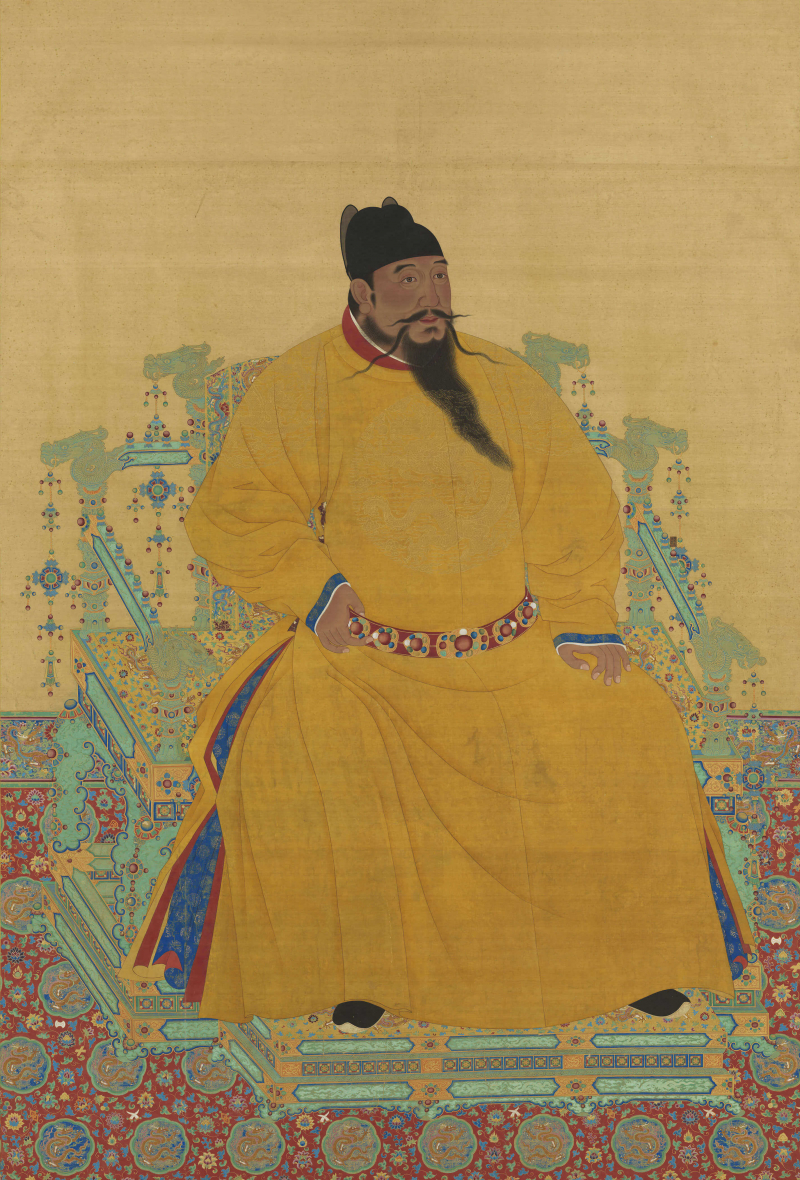
en.wikipedia.org 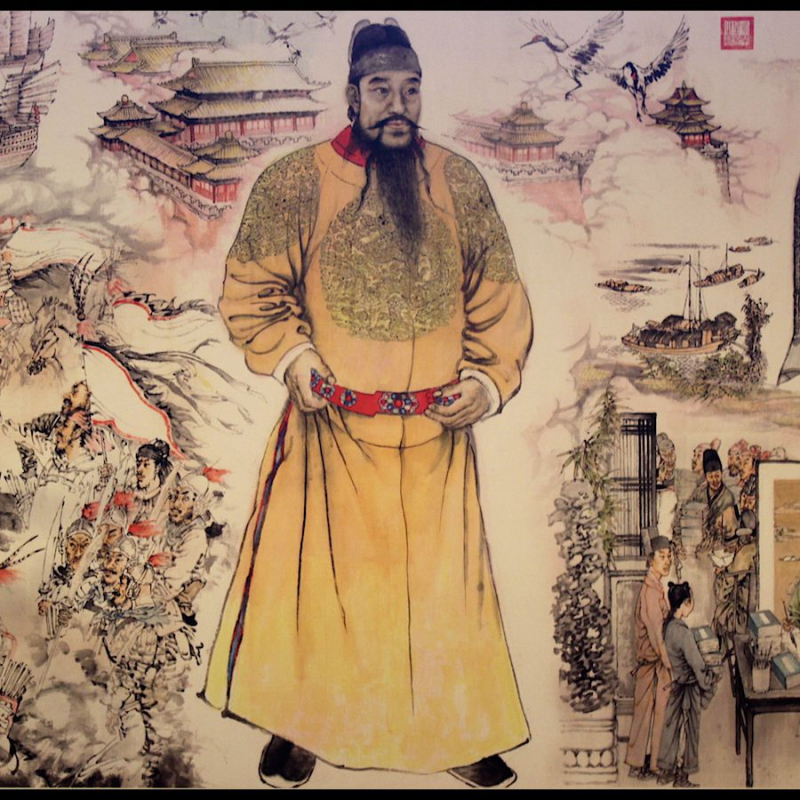
thoughtco.com -
The Yongzheng Emperor (Yinzhen; 13 December 1678 - 8 October 1735) was the fourth Emperor of the Qing dynasty and the third Emperor of the Qing to rule over China proper. From 1722 to 1735, he ruled. The Yongzheng Emperor was a hardworking ruler whose main goal was to create an effective government at a low cost. The Yongzheng Emperor, like his father, the Kangxi Emperor, used military force to maintain the dynasty's position.
Despite the fact that Yongzheng's reign was much shorter than that of his father (the Kangxi Emperor) and his son (the Qianlong Emperor), the Yongzheng era was one of peace and prosperity. The Yongzheng Emperor cracked down on corruption and overhauled personnel and financial management. During his reign, the Grand Council was established, an institution that had a significant impact on the Qing dynasty's future. So he is regarded as one of the most important historical figures in China.
The Yongzheng Emperor ruled the Qing Empire for 13 years before passing away suddenly at the age of 56 in 1735. According to legend, he was murdered by Lü Siniang, the daughter or granddaughter of Lü Liuliang, whose family had been executed for literary crimes against the Qing government. Another theory held that Lü Siniang was the Yongzheng Emperor's lover and the true mother of the Qianlong Emperor, but that he refused to allow her to become empress.
It is widely assumed that he died while reading court documents, and that his death was the result of elixir poisoning caused by an overdose of the elixir of immortality he was consuming in the hope of extending his life. According to Zhang Tingyu, Yongzheng displayed poisoning symptoms on his deathbed, and after his death, his successor, the Qianlong emperor, expelled all Taoist priests from the palace, possibly as punishment for this incident.
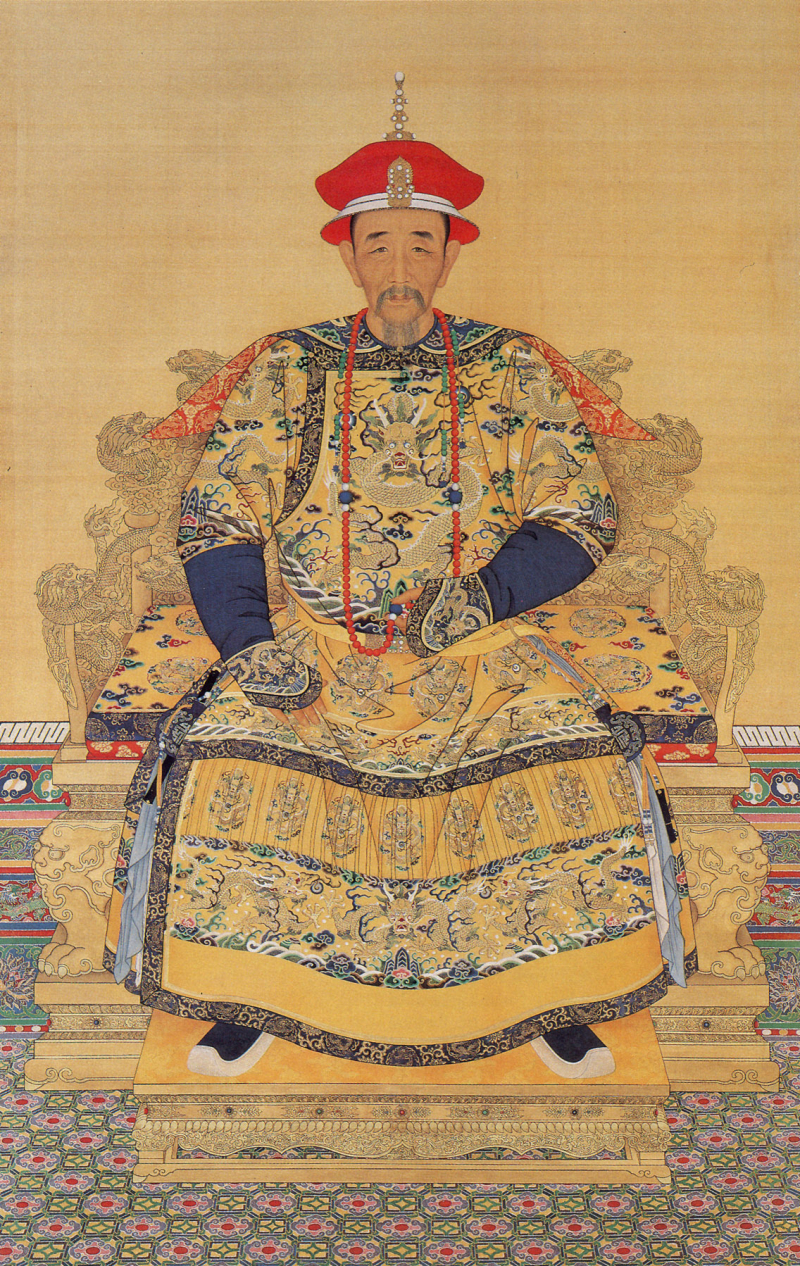
en.wikipedia.org 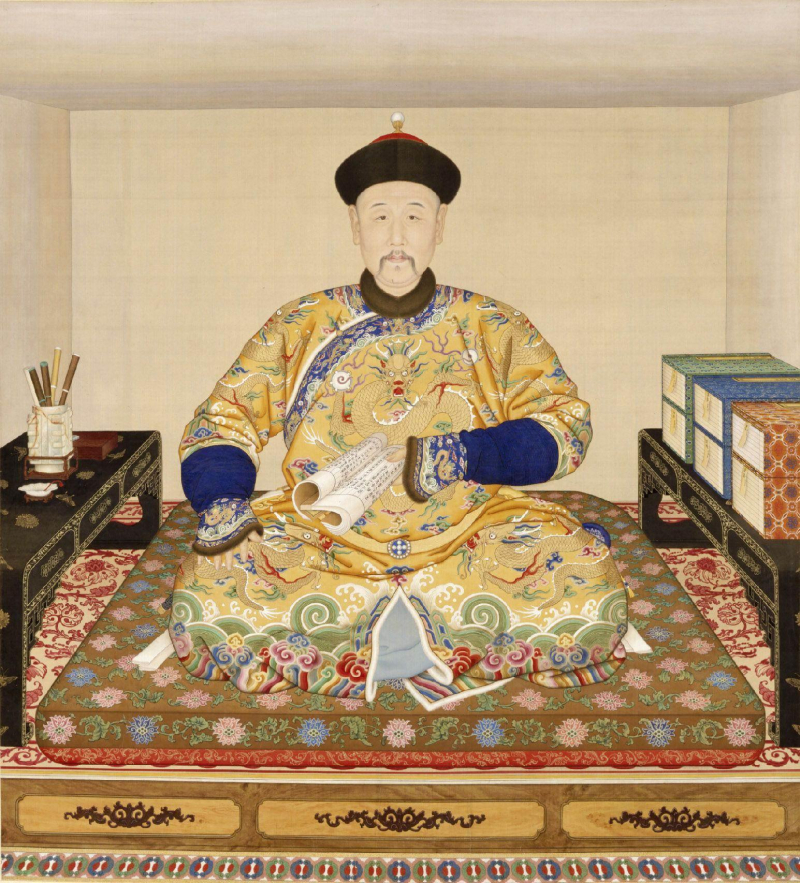
vi.m.wikipedia.org












